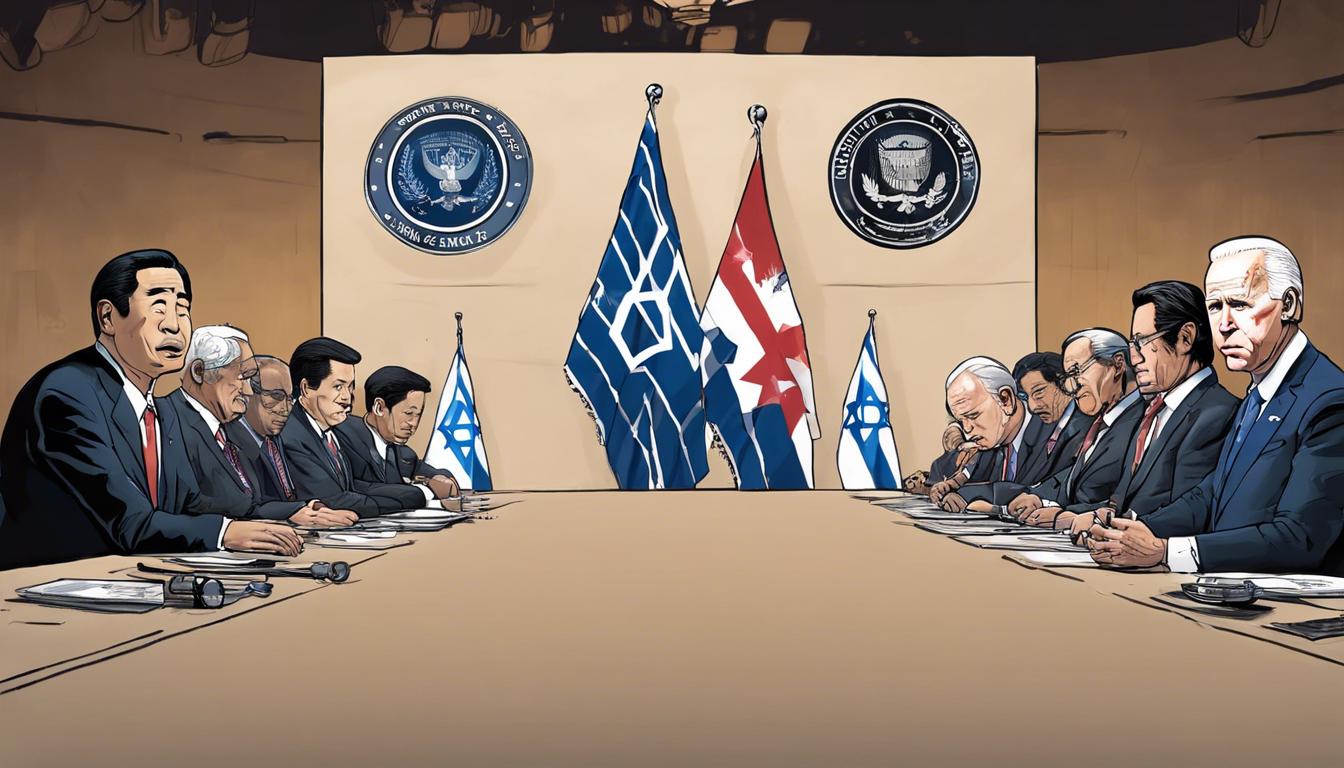President Joe Biden has reaffirmed the United States’ unwavering support for Israel amidst increasing threats from Iran and complex international dynamics, also addressing issues from human rights in Iran to strategic Indo-Pacific relationships.
President Joe Biden has reiterated the United States’ steadfast support for Israel amid rising tensions with Iran. This follows threats from Iran of potential missile and drone attacks on Israel, escalating after an alleged Israeli strike on an Iranian consulate in Syria. During a press conference with Japanese Prime Minister Fumio Kishida, Biden described the U.S. commitment to Israeli security as “ironclad.” Concurrently, Israel has communicated a readiness to directly attack Iran if necessary. The situation has strained international relations, with significant military activity noted along the Israel-Lebanon border and increased threats to U.S. forces in the region from Iranian-backed groups.
In a separate incident, Iranian students at Al-Zahra University in Bushehr face possible prosecution after a video of their post-graduation dance went viral, deemed “illegal” by university president Zahra Hajiani. This event underscores the restrictive measures on personal freedoms in Iran, especially impacting women and students.
President Biden also hinted at a possible cessation of the U.S. legal pursuit of WikiLeaks founder Julian Assange, amid continuous international pressure and campaigns for his release. Assange, entangled in legal battles over charges related to the publication of classified U.S. documents, remains in Belmarsh prison in London, awaiting further judicial proceedings.
Furthermore, Biden announced plans for a summit at the White House with Philippine President Ferdinand Marcos Jr. and Prime Minister Kishida, focusing on security concerns in the Indo-Pacific and countering China’s military assertiveness.
These diverse issues illustrate the complex tapestry of global diplomacy and internal social dynamics shaping current international affairs, highlighting ongoing human rights discussions alongside strategic geopolitical negotiations.













